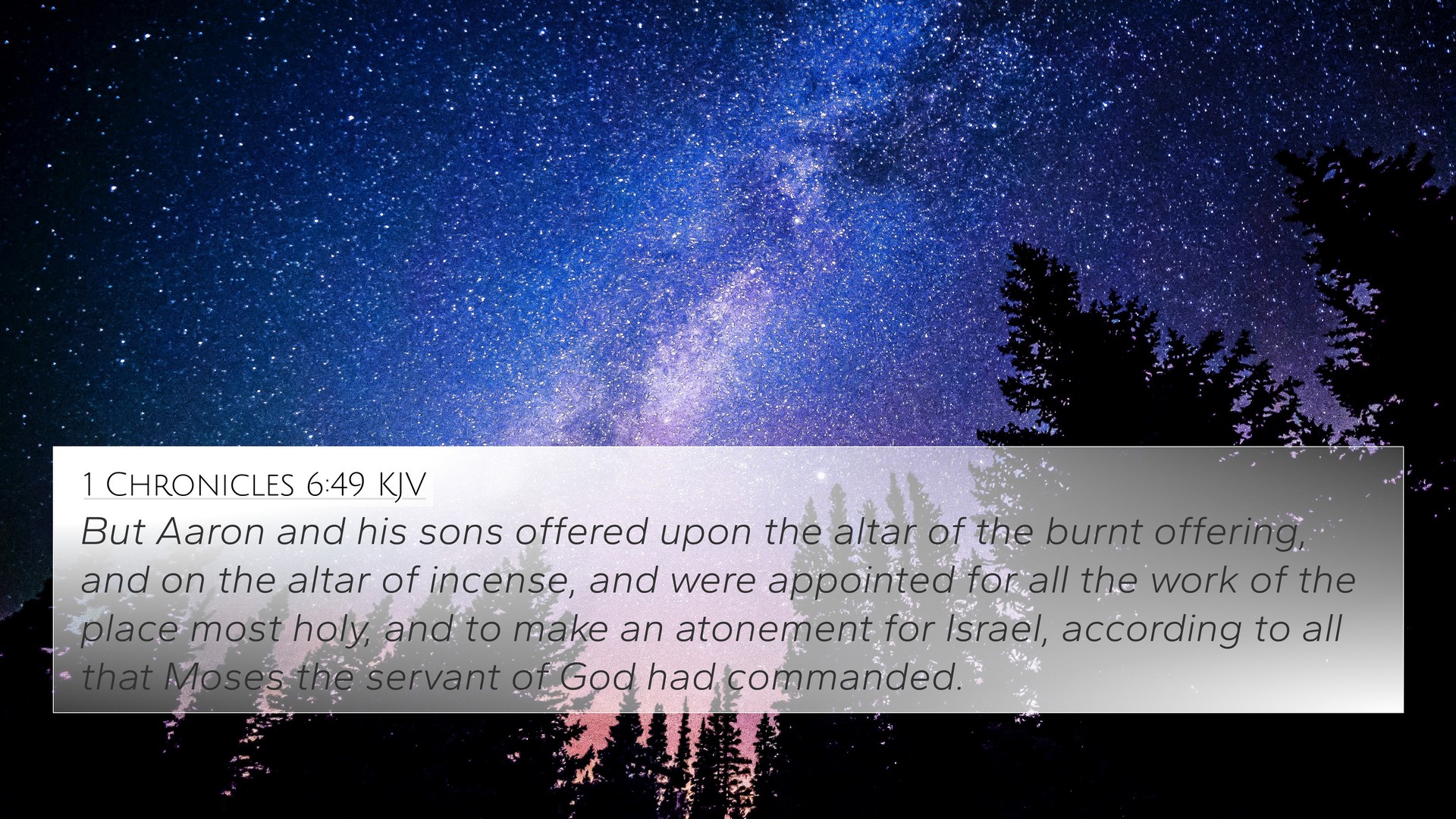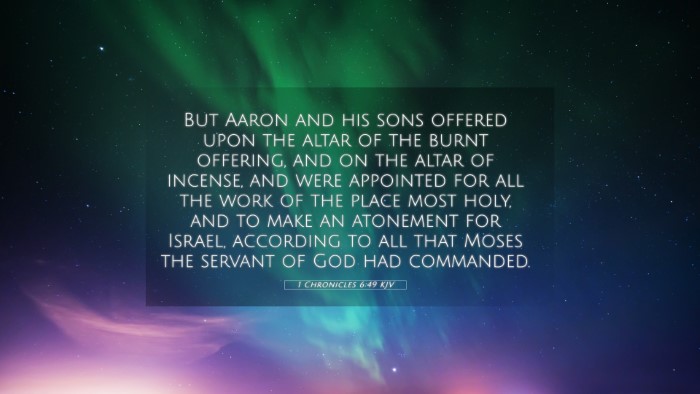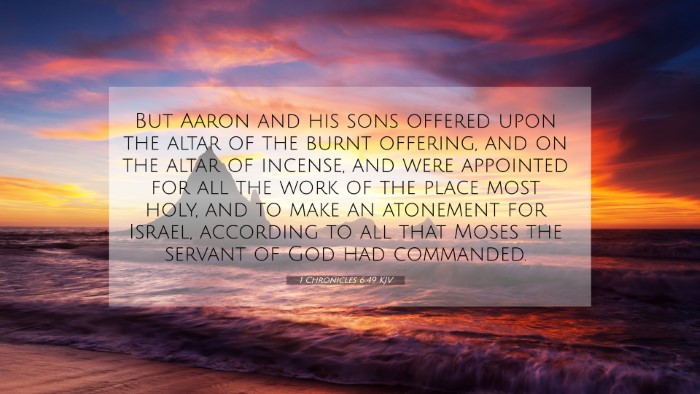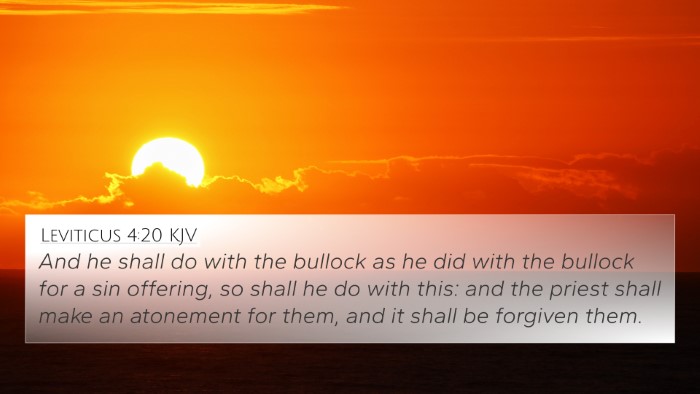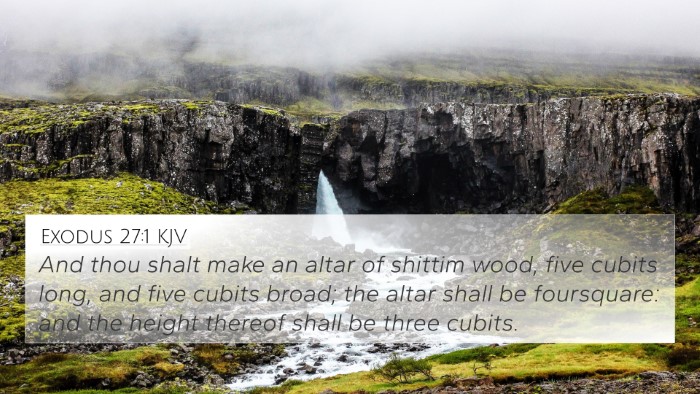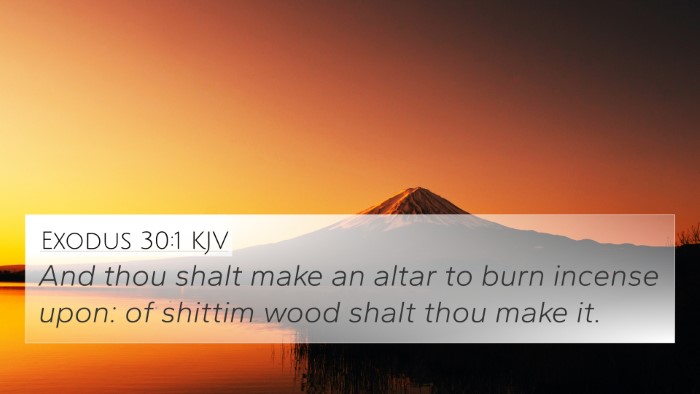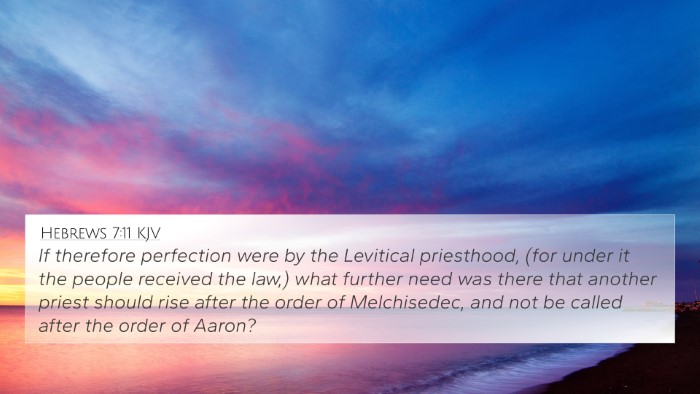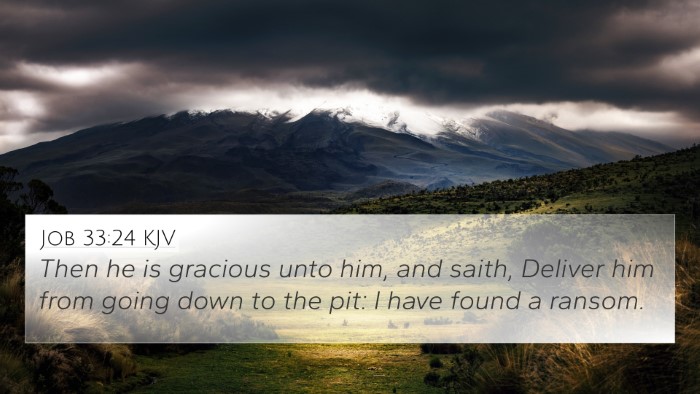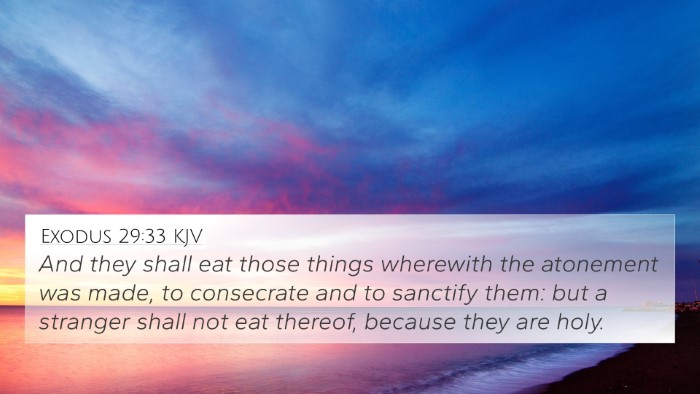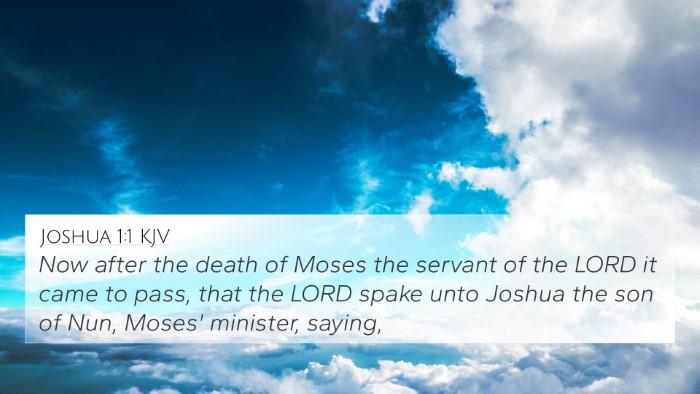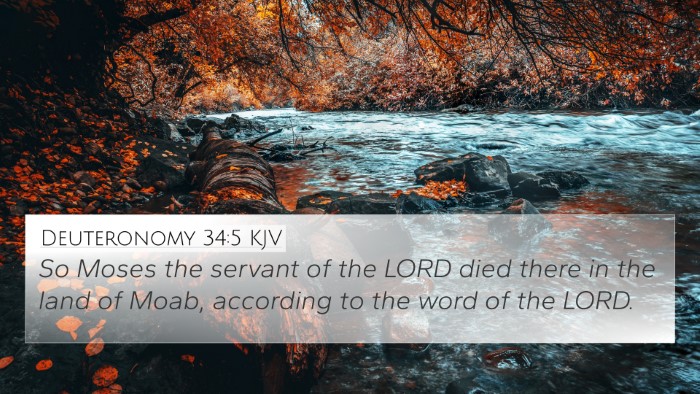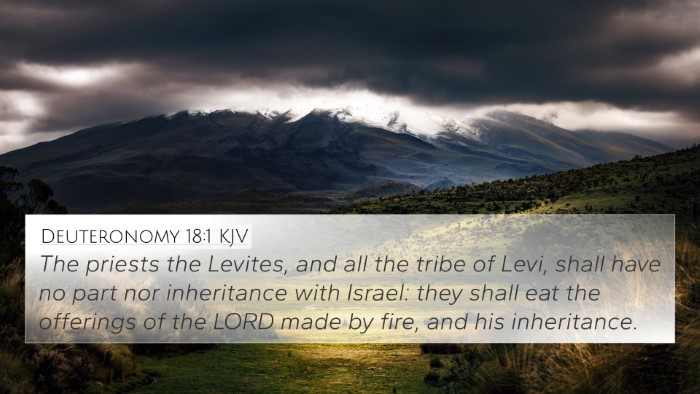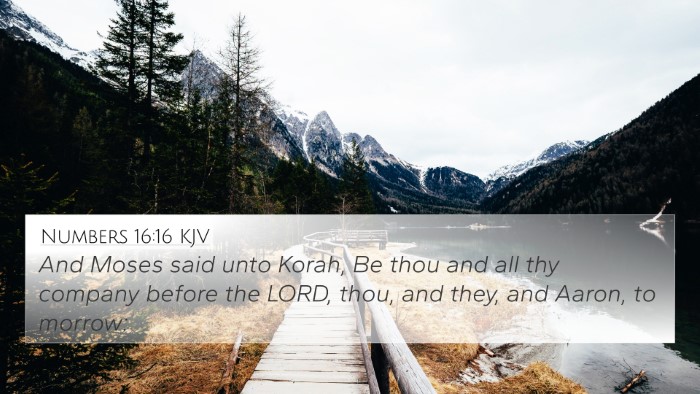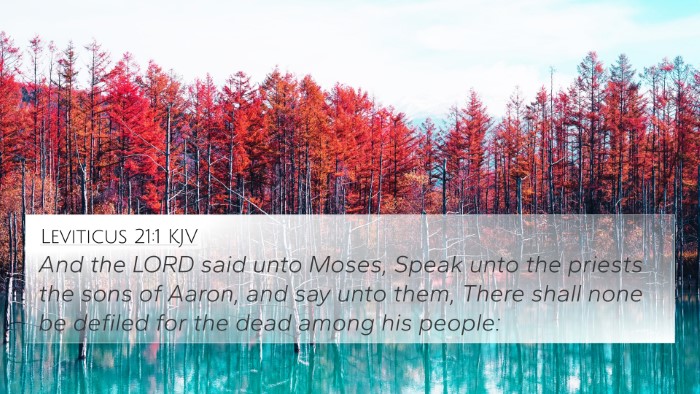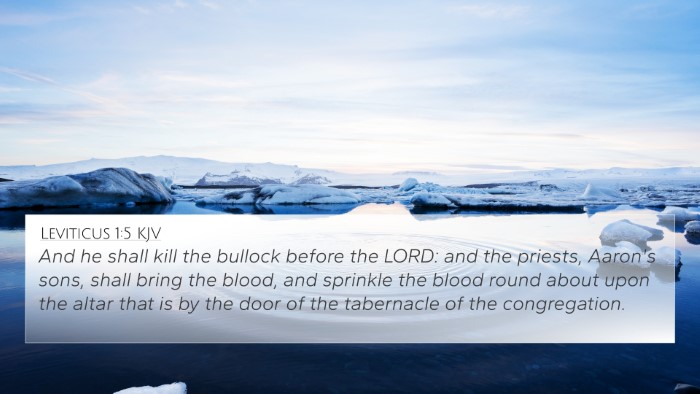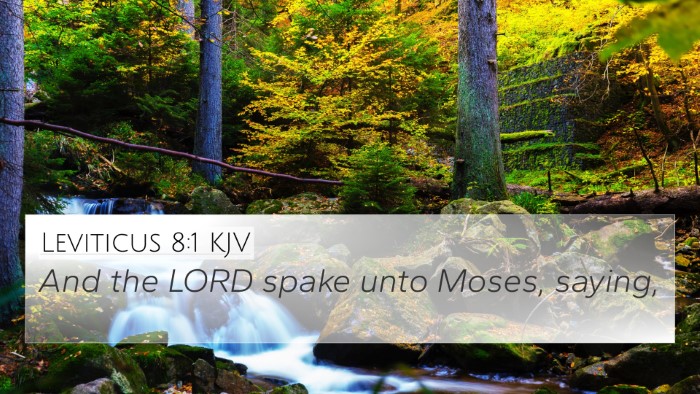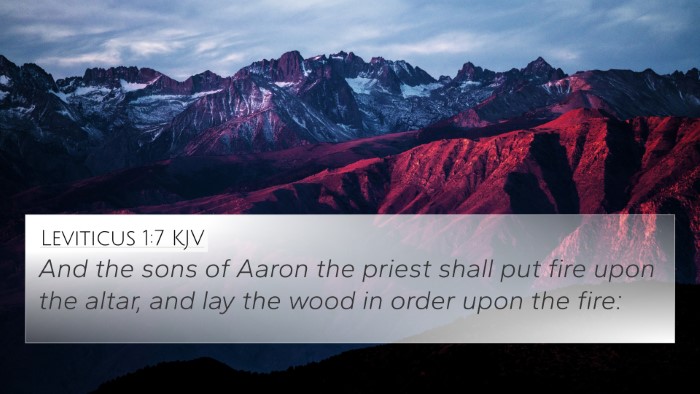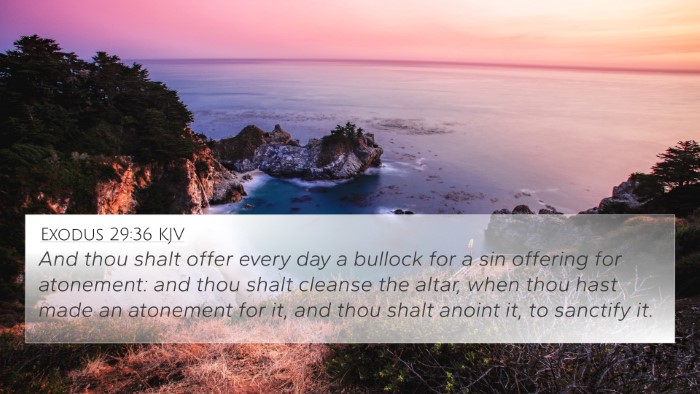1 Chronicles 6:49 Meaning and Interpretation
1 Chronicles 6:49 states: "But Aaron and his sons offered upon the altar of the burnt offering, and of the altar of incense, and were engaged in the work of the most holy things." This verse highlights the vital role of Aaron and his descendants in the sacrificial system established by God for Israel. Below is a detailed breakdown of the verse’s meaning, insights from public domain commentaries, and connections to other Scripture.
Summary of Key Insights
- Covenantal Role: Aaron and his sons are designated priests, emphasizing a divinely established order to mediate between God and His people.
- Significance of Sacrifice: The burnt offering represents total dedication to God, while the incense symbolizes prayer and worship, demonstrating the comprehensive nature of their duties.
- Holiness and Reverence: Their work involved sacred acts that necessitated purity and adherence to God’s law, showcasing the seriousness of approaching the divine.
- Cultural Context: This verse serves to remind the Israelites of their heritage and the importance of the Aaronic priesthood in the context of their worship practices.
Commentary Excerpts
Matthew Henry's Commentary
Matthew Henry emphasizes the importance of the priestly functions of Aaron’s lineage. He notes that their offerings reflect not only obedience to God's commands but also a covenant relationship that necessitates ongoing worship and atonement. The act of making sacrifices is not merely ritualistic; it signifies the very essence of what it means to be in fellowship with God.
Albert Barnes' Commentary
In his commentary, Albert Barnes elaborates on the significance of the duties performed by Aaron and his sons. He points out that these sacrificial acts were crucial in maintaining the spiritual health of the nation. The continuous work of offering sacrifices was a manifestation of their ongoing commitment to God’s holiness and a reminder of their sinfulness and need for grace.
Adam Clarke's Commentary
Adam Clarke suggests that the verse illustrates the foundational principles of worship in the old covenant. He discusses how the rituals of sacrifice point to a larger spiritual reality, foreshadowing the ultimate sacrifice of Christ. Clarke notes that the role of the priesthood was not only to offer sacrifices but also to teach the people about righteousness and the character of God.
Related Bible Cross References
- Exodus 28:1 - The consecration of Aaron and his sons as priests.
- Leviticus 1:1-9 - Instructions regarding burnt offerings.
- Numbers 16:40 - The appointment of the Aaronic priesthood.
- Hebrews 5:1 - The purpose of a priest in mediating between God and people.
- 1 Peter 2:9 - Believers as a royal priesthood, highlighting spiritual sacrifices.
- Romans 12:1 - Presenting ourselves as living sacrifices, echoing priestly duties.
- Hebrews 9:6-7 - The historical function of the priests in the tabernacle.
Thematic Connections
The themes present in 1 Chronicles 6:49 resonate throughout the Scriptures, pointing towards a cohesive narrative of worship, sacrifice, and priesthood. Understanding these themes enhances our Biblical study, enabling us to see how different verses interconnect. Here are some methods for further exploration:
- Bible Concordance: Utilize a concordance to find related verses that discuss sacrifice and priestly duties.
- Bible Cross-Reference Guide: Employ thematic guides that illustrate concepts of covenant and worship across the Scriptures.
- Detailed Cross-Reference Analysis: Examine how the offerings in Leviticus relate to the teachings of the New Testament about Christ’s sacrifice.
- Comparative Study: Review parallels between the Old Testament priesthood and the priesthood of Christ as detailed in the book of Hebrews.
User Intent: Finding Cross-References
If you are curious about:
What verses are related to 1 Chronicles 6:49? The above cross references lead directly back to the themes of priesthood and sacrifice.
How do [Hebrews 5:1] and [1 Chronicles 6:49] connect? Both highlight the priestly function, embodying God's ordained order for worship.
Conclusion
In summary, 1 Chronicles 6:49 encapsulates the profound depth of the priestly role within the covenant community of Israel. As believers today, understanding these principles reinforces our appreciation for the work of Jesus, the ultimate High Priest. By engaging with inter-Biblical dialogue through cross-referencing, we gain insight into the consistency of God's redemptive plans throughout scripture.
